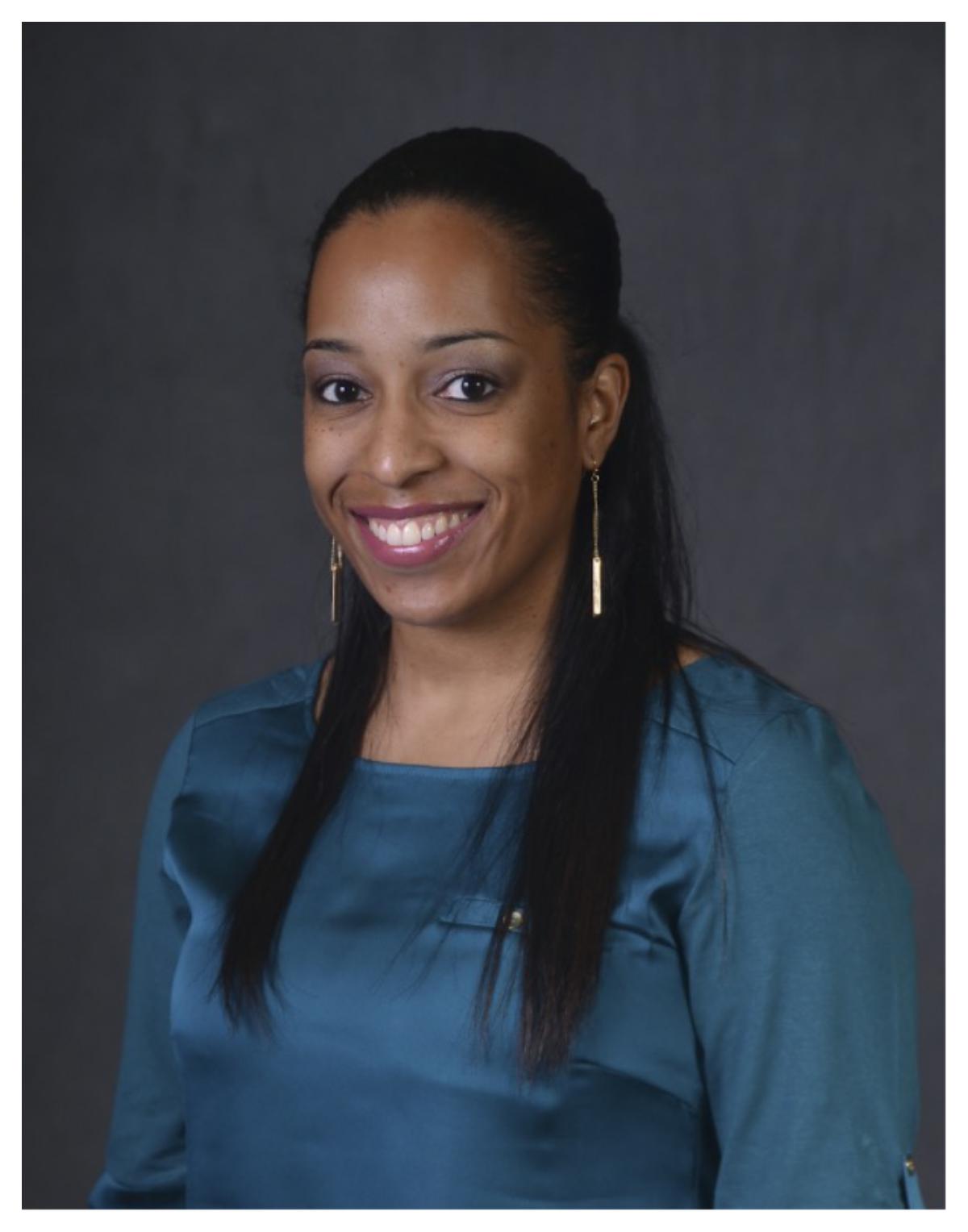Written by Clinton Parks
 “I don’t feel like I have as many challenges now,” Dr. Tanecia Mitchell says, after securing her first National Institutes of Health (NIH) grant and having laid the foundation for many more to come. Mitchell credits earning the K01 grant, an award from the National Institute of Diabetes and Digestive and Kidney Diseases, to her experience gained from participating in the National Research Mentoring Network (NRMN). The grant is to study mitochondrial function, oxidative stress, and inflammation in clinical patients with kidney disorders.
“I don’t feel like I have as many challenges now,” Dr. Tanecia Mitchell says, after securing her first National Institutes of Health (NIH) grant and having laid the foundation for many more to come. Mitchell credits earning the K01 grant, an award from the National Institute of Diabetes and Digestive and Kidney Diseases, to her experience gained from participating in the National Research Mentoring Network (NRMN). The grant is to study mitochondrial function, oxidative stress, and inflammation in clinical patients with kidney disorders.
The five-year, $768,776 award marked not only the first NIH grant for Mitchell, but the first K01 grant awarded to the Department of Urology faculty at her institution. Prior to winning the grant, Mitchell worked as an instructor at the University of Alabama at Birmingham. One month later after receiving the NIH award, Mitchell assumed the position of Assistant Professor at UAB’s School of Medicine.
While applying for the NIH grant as an instructor, Mitchell knew that securing outside funding would be crucial to advancing to the next step in becoming a professor at a research university.
After receiving an email about NRMN, Mitchell applied, was accepted, and subsequently entered NRMN’s NU (Northwestern University Model Grant Writers Coaching Group) coaching group. “Having the small group was very helpful,” she says. “I had to write effectively and clearly to really [convey] the science.” But opening up to criticism about one’s life work took humility, Mitchell says. Although at times it was difficult to accept swallowing her pride, she says, it always came back to the question: “Do I really want my science to be better?”
Mitchell answered in the affirmative. While preparing her grant application, she studied recordings of the cohort’s weekly web-based meetings sentence by sentence, while also taking in comments made by coaches, mentors, and peers. “The recordings were extremely helpful,” said Mitchell, who plans to listen to them again when it’s time to write the next grant application.
The bigger picture: Reflecting on the career journey as a biologist of color
As an aspiring African-American biologist, Mitchell notes the importance of identifying role models who bear resemblance to her. She says that as an undergraduate at historically black Alcorn State University in Lorman, Mississippi, she received the affirmation she needed.
The empowering atmosphere at Alcorn State instilled in Mitchell an inner fortitude as she continued on to earn her Ph.D. in Cell and Molecular Biology at the University of Arkansas for Medical Sciences, and even further as she completed a postdoctoral fellowship at the University of Alabama at Birmingham.
Having made it this far, Mitchell believes race has no direct impact on anyone’s potential to receive NIH funding. The way she sees it, the focus of the NIH reviewers is on the science and a sound rationale for the research. She attributes the problem of attaining funding to a lack of mentorship on how to write a good grant application. NRMN is paving the way for motivated scientists, ones like Mitchell, to learn the necessary skills for success in the NIH-funded biomedical research workforce.